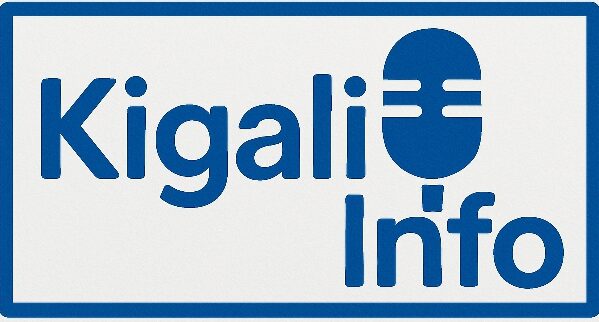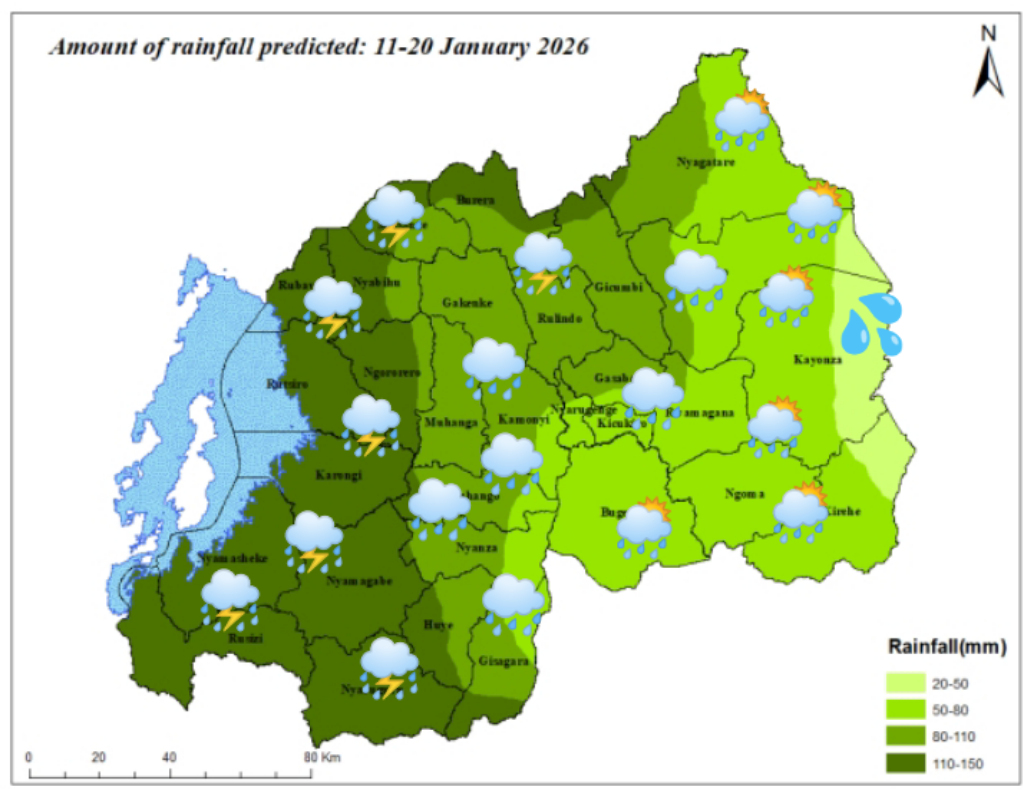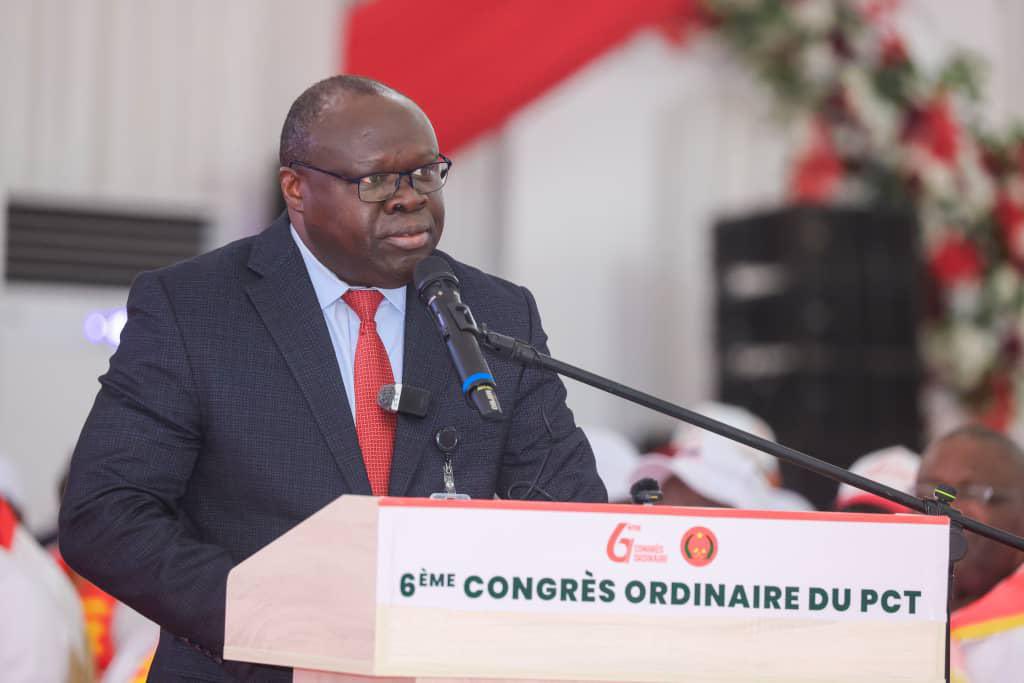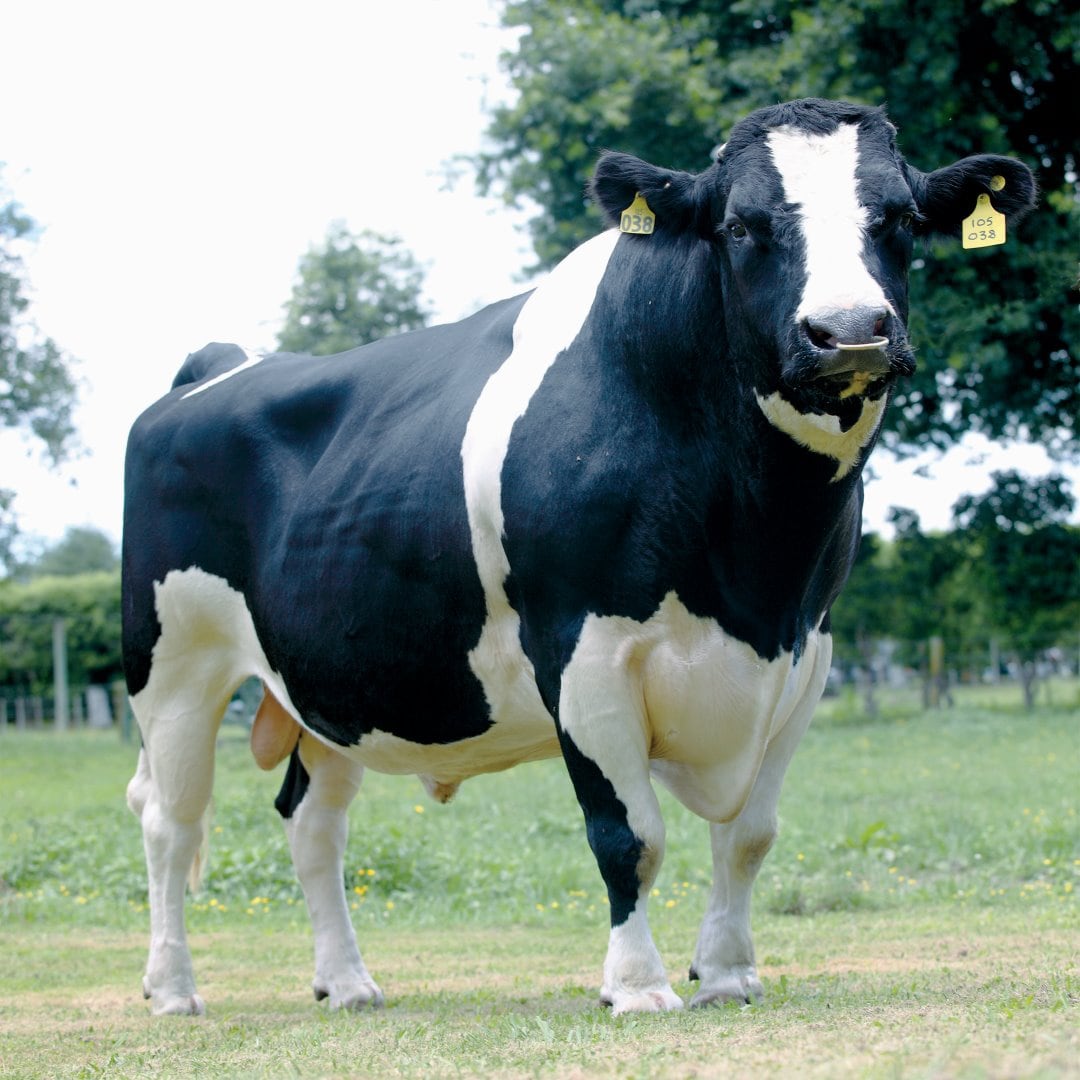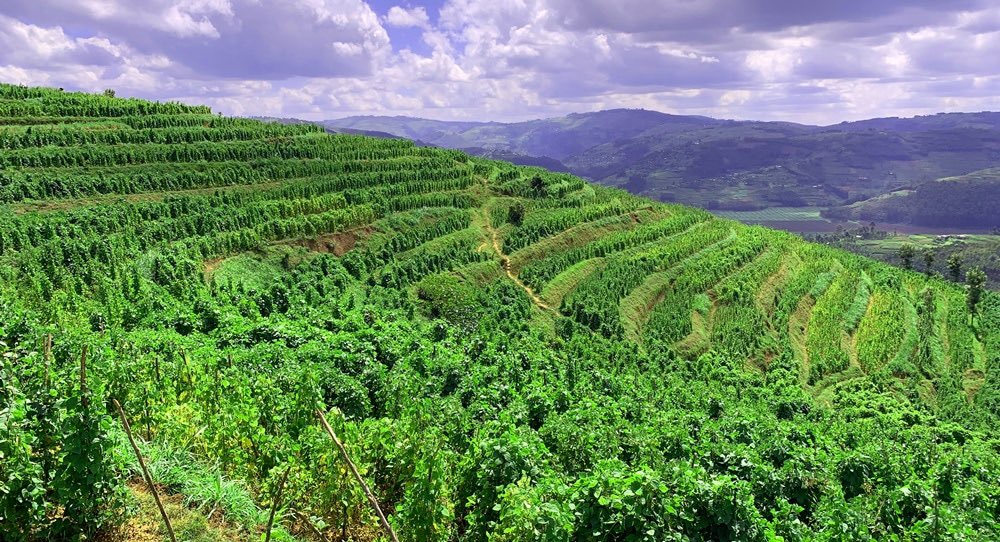
In Gicumbi District, a groundbreaking environmental resilience project known as Green Gicumbi has revolutionized farming and rural livelihoods.
Locals once plagued by the devastating effects of climate change, now report more than threefold increases in crop yields and income, thanks to sustainable land management and support systems put in place by the project.
Implemented with the aim of curbing soil erosion on the steep hillsides feeding the Umuvumba River Basin, Green Gicumbi rolled out 130 micro-projects.
These included the construction of 600 hectares of radical terracing and an additional 850 hectares of progressive terracing, both crucial in stabilizing soil and conserving moisture.
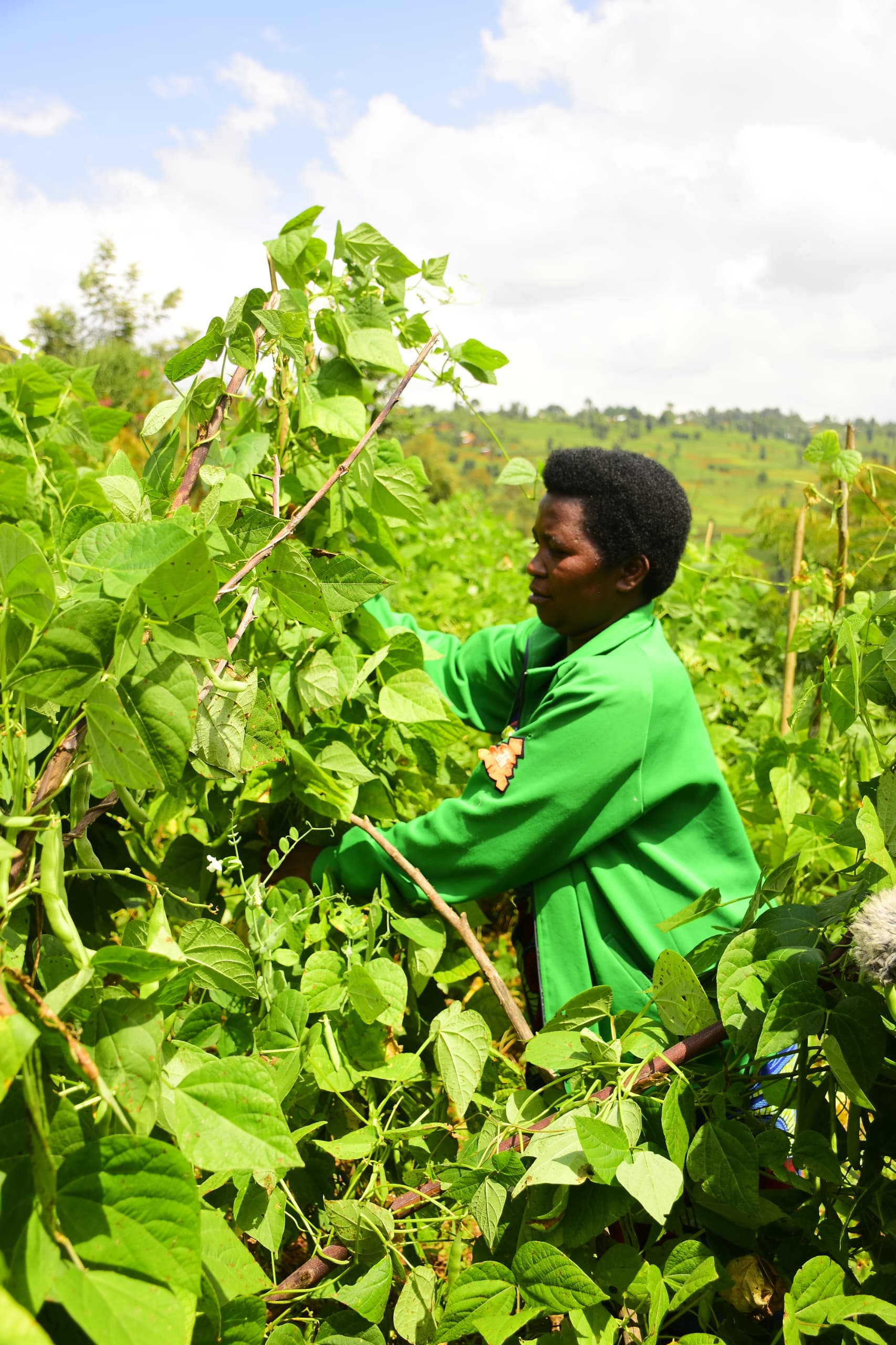
From Scarcity to Abundance: A Farmer’s Story
Take the example of Jacqueline Utamuliza, a resident of Humura village, Nyaruka Cell, in Cyumba Sector. Before the project, her one-hectare farm barely produced 200 kilograms of beans per season due to severe soil erosion, which carried away both topsoil and fertilizer.
“After Green Gicumbi built terraces on my land, I now harvest 2 tons (2,000 kg) of beans per season,” Utamuliza shares. “That earns me at least RWF 1.6 million (approx. $1,300). Even when I rotate with wheat or potatoes, the income is just as good.”
With this new income, she’s been able to buy a cow, ensure her five children attend school, two of whom are in boarding schools, and provide her family with a nutritionally balanced diet sourced directly from her diversified garden—which now also includes fruits and vegetables.
In addition to cash crops, Utamuliza has received agroforestry seedlings—fruit trees and animal fodder—which are now thriving along her terrace boundaries.
Another beneficiary, Anastase Rwubusisi, says the terracing and tree-planting on his land dramatically boosted productivity. “Where I used to harvest just 60 kg of beans, I now consistently get over 200 kg every season,” he reports.
According to Green Gicumbi, blends of terracing, agroforestry, quality seeds, and training which were provided to citizens, have tripled agricultural yields on average for thousands of farmers in the District.
To further promote climate-smart agriculture, the project planted coffee across 40 hectares and highland tea across 50 hectares, both of which help stabilize soil while offering economic value.
Beyond Farming: Energy Efficiency and Forest Conservation
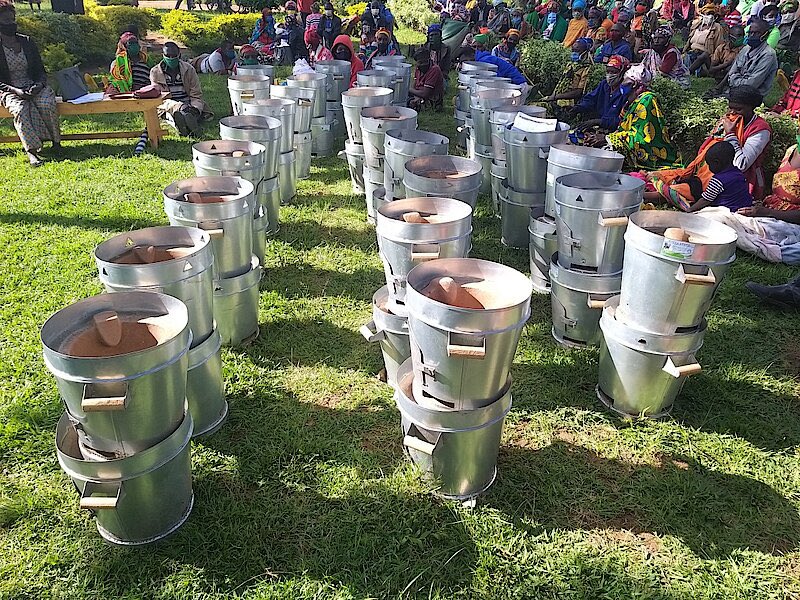
Green Gicumbi also tackled deforestation by distributing 31,000 improved cookstoves that significantly reduce firewood consumption. Utamuliza and Rwubusisi confirm these stoves have helped them cut back on firewood, easing pressure on local forests and agroforestry trees.
Sustainable Tea Sector: A Model in Mulindi
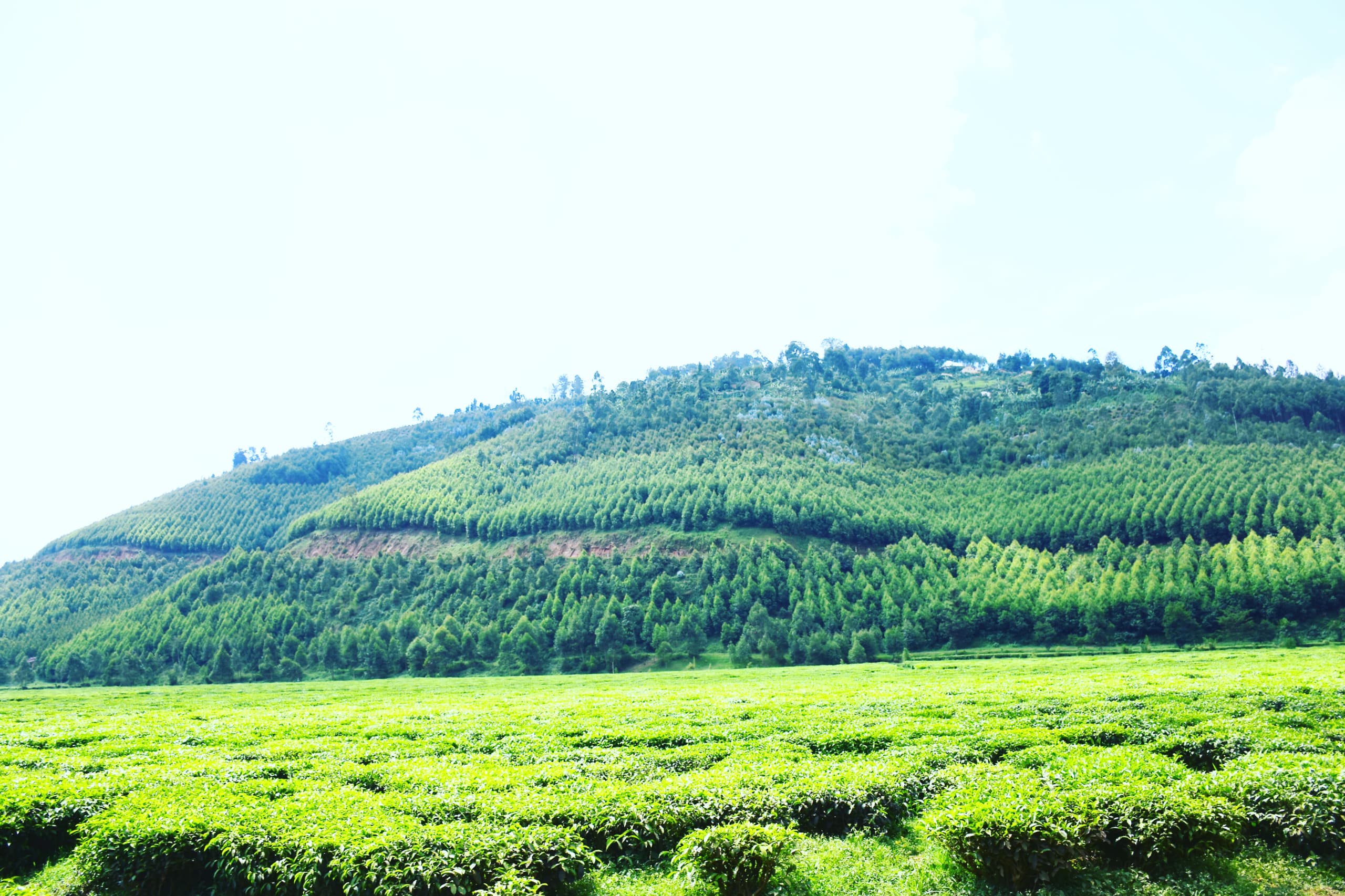
Leonidas Munyaneza, Manager of Mulindi Tea Coperative, emphasizes that Green Gicumbi’s investments—including forests, terraces, tea plantations, and a tea processing factory—are sustainable and community-owned.
“These forests aren’t just for show. They protect tea farms from erosion,” Munyaneza explains. “Our role now is to maintain the drainage systems they built—clearing them at least twice a year to ensure water flows properly and doesn’t damage our crops.”
Gicumbi District Mayor, Emmanuel Nzabonimpa, highlights that the project’s environmental approach significantly improved social well being as children stunting has dropped from 42.5% in 2019–2020 to 19% today.
“Over 80,000 jobs were created through Green Gicumbi, demonstrating the success of Rwanda’s second National Strategy for Transformation (NST2),” he said.
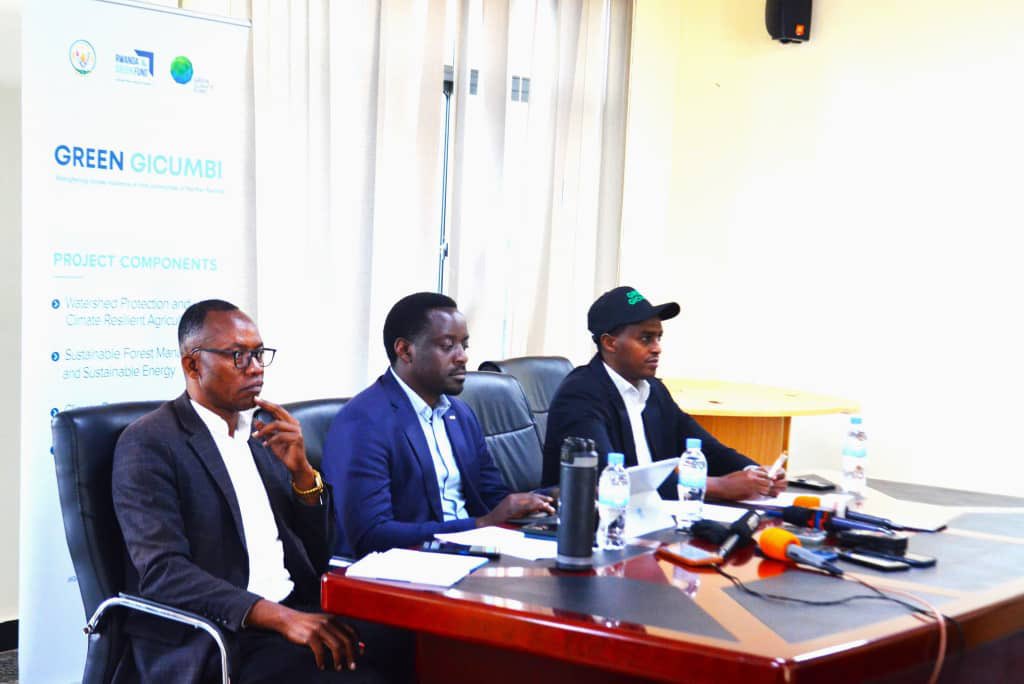
A Learning Hub for Rwanda and the Continent in general
With its six-year implementation complete, Green Gicumbi has become a continental benchmark. Backed by $32 million from the Green Climate Fund (around RWF 33 billion by the time), the project helped build climate resilience in one of Rwanda’s most vulnerable districts.
Jean Marie Vianney Kagenza, the project Team Leader, explains that water from fields, roads, and rooftops—once a cause of erosion—is now redirected through terraces, forests, and plantations or captured in underground tanks for domestic and agricultural use.
“Delegations from across Rwanda—students, researchers, and project developers—are now coming to learn from Green Gicumbi. And so are African countries like Nigeria, Côte d’Ivoire, Malawi, Tanzania, Kenya, and Uganda,” Kagenza notes.
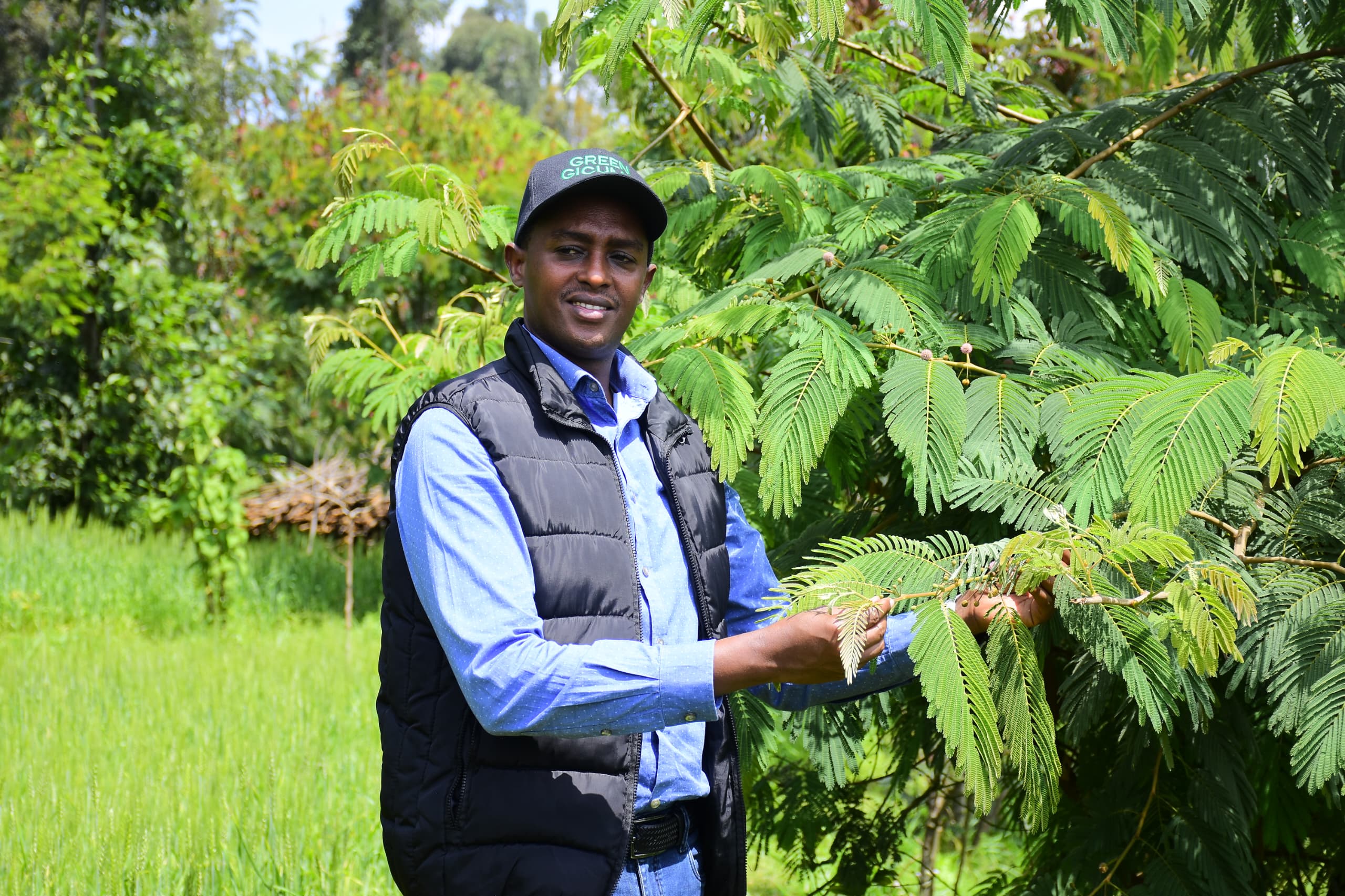
He encourages youth and women in particular to visit Gicumbi to gain skills in farming, livestock management, beekeeping, tree seedling propagation, and energy-saving stove production.
By Simon K Mugabo
